10 Foods to Avoid with Irritable Bowel Syndrome
Irritable bowel syndrome (IBS) is a common gastrointestinal disorder that affects the large intestine, causing symptoms such as abdominal pain, bloating, gas, diarrhea, and constipation[[1]]. While the exact cause of IBS is unknown, certain foods can trigger or worsen symptoms. In this article, we will discuss 10 foods to avoid if you have IBS, and how to manage your symptoms through diet.
High-FODMAP Foods
FODMAPs (Fermentable Oligosaccharides, Disaccharides, Monosaccharides, and Polyols) are short-chain carbohydrates that are poorly absorbed in the small intestine and can cause IBS symptoms[[2]]. High-FODMAP foods include onions, garlic, apples, pears, and wheat. A low-FODMAP diet may help alleviate IBS symptoms for some individuals.
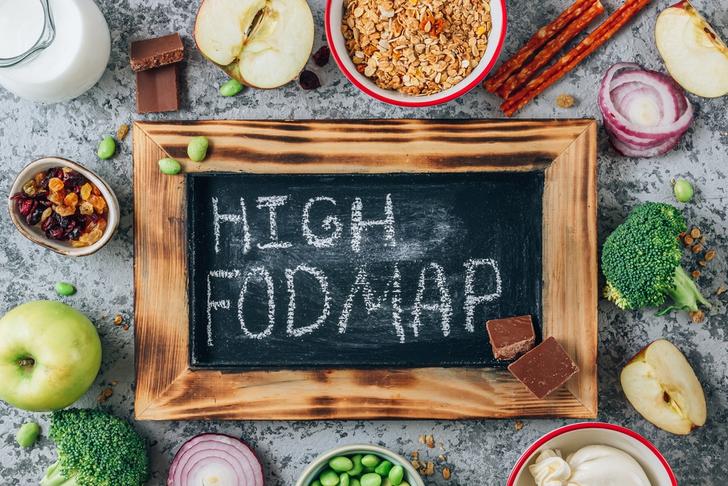
Advertisement
Dairy Products
Dairy products, such as milk, cheese, and yogurt, contain lactose, a sugar that can be difficult for some people with IBS to digest[[3]]. Lactose intolerance is common among IBS sufferers, so it’s best to avoid dairy products or choose lactose-free alternatives.
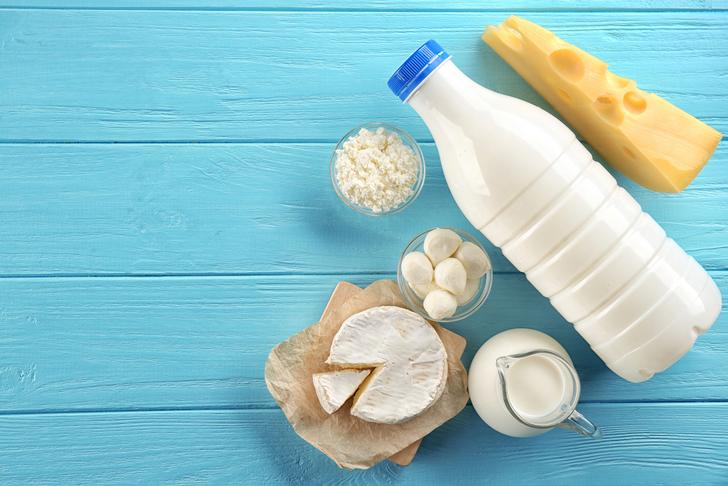
Advertisement
Fried Foods
Fried foods are high in fat, which can exacerbate IBS symptoms by causing the digestive system to work harder and triggering diarrhea[[3]]. Opt for healthier cooking methods, such as baking or grilling, to reduce the fat content of your meals.
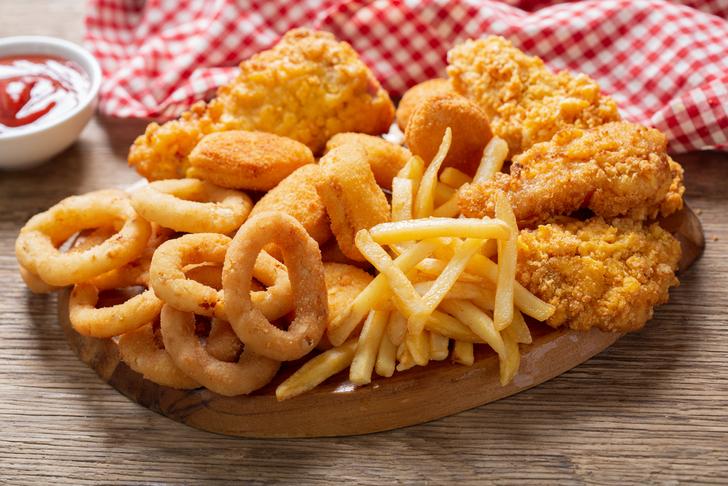
Advertisement
Caffeinated Beverages
Caffeine, found in coffee, tea, and some sodas, can stimulate the intestines and worsen IBS symptoms, particularly diarrhea[[3]]. It’s best to avoid or limit your intake of caffeinated beverages and opt for decaffeinated alternatives.

Advertisement
Alcohol
Alcohol can irritate the digestive system and exacerbate IBS symptoms[[3]]. If you have IBS, it’s best to avoid or limit your alcohol consumption, especially if you notice that it triggers your symptoms.

Advertisement
Beans and Legumes
Beans and legumes, such as lentils and chickpeas, are high in fiber and can cause gas and bloating in people with IBS[[3]]. If you find that beans and legumes trigger your symptoms, try incorporating other sources of fiber into your diet, such as fruits and vegetables.
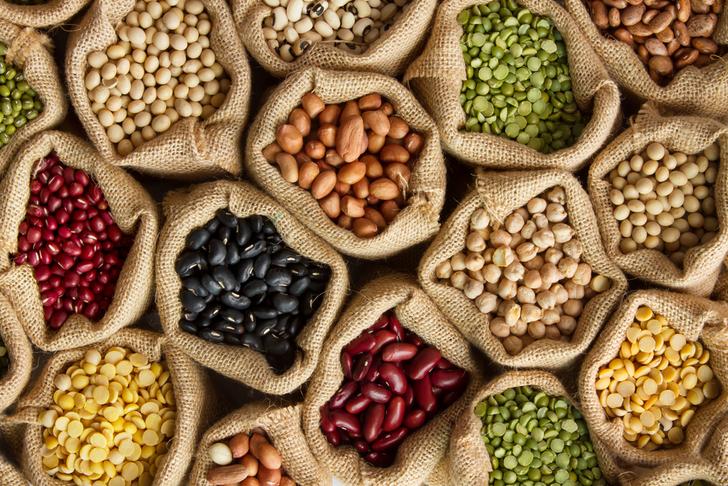
Advertisement
Artificial Sweeteners
Artificial sweeteners, such as sorbitol and xylitol, are often found in sugar-free products and can cause gas, bloating, and diarrhea in people with IBS[[3]]. It’s best to avoid products containing artificial sweeteners and opt for natural sweeteners, such as honey or maple syrup, instead.
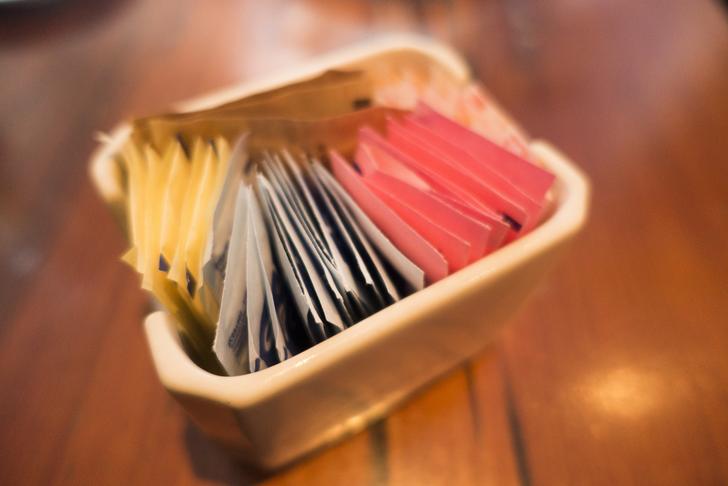
Advertisement
Spicy Foods
Spicy foods can irritate the digestive system and worsen IBS symptoms, particularly diarrhea[[3]]. If you have IBS, it’s best to avoid or limit your intake of spicy foods and opt for milder alternatives.
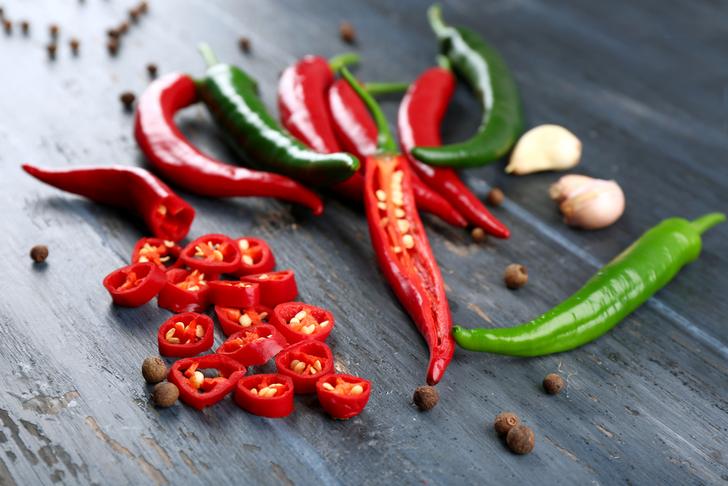
Advertisement
Carbonated Beverages
Carbonated beverages, such as soda and sparkling water, can cause gas and bloating in people with IBS[[3]]. It’s best to avoid or limit your intake of carbonated beverages and opt for still water or herbal teas instead.
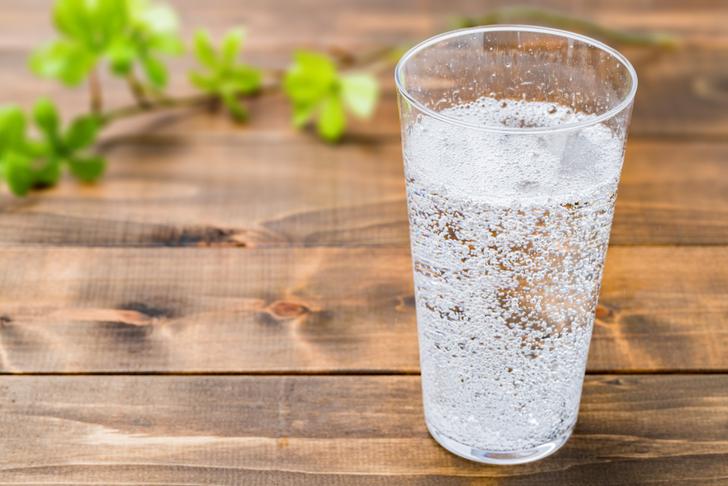
Advertisement
Processed Foods
Processed foods, such as chips, cookies, and fast food, are often high in fat, salt, and artificial additives, which can exacerbate IBS symptoms[[3]]. Opt for whole, unprocessed foods whenever possible to help manage your symptoms.
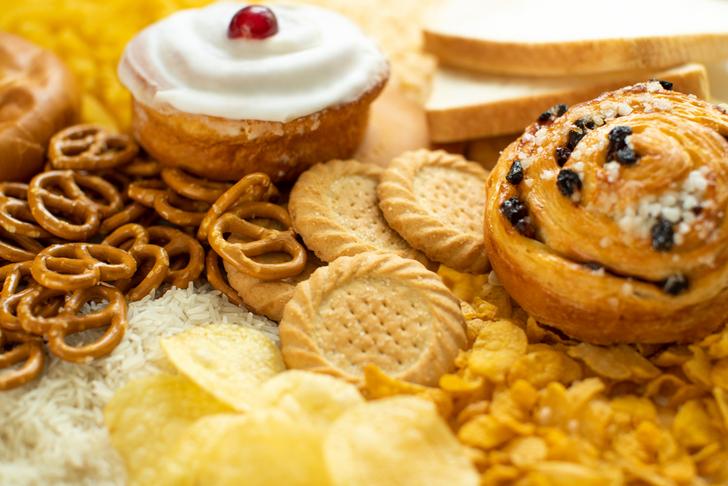
Advertisement
Conclusion
In conclusion, managing your diet is essential to controlling IBS symptoms. Avoiding or limiting the intake of these ten foods can help reduce your symptoms and improve your overall quality of life. Remember that everyone’s triggers are different, so paying attention to your body and adjusting your diet is essential.
It’s also essential to recognize that lifestyle factors can impact IBS symptoms in addition to food triggers. Stress management, exercise, and proper sleep can all improve the overall quality of life for individuals living with IBS. Developing healthy habits and routines can be integral to managing symptoms and preventing flare-ups.
Additionally, while identifying and avoiding food triggers is crucial, focusing on what you can eat is equally important. A well-balanced, nutrient-rich diet is vital for overall health and well-being. Incorporating easier foods on the digestive system, such as lean proteins, low-FODMAP fruits and vegetables like strawberries, and whole grains like quinoa, can help minimize discomfort while providing essential nutrients.
Over-the-counter supplements and enzymes may be helpful for individuals with IBS who have difficulty digesting lactose, gluten, or certain FODMAPs. These products enhance the body’s ability to break down and absorb these components, potentially reducing IBS symptoms. It’s essential to consult with a healthcare professional before using any supplements, as their effectiveness can vary between individuals, and they may not be suitable for everyone.
Alongside dietary adjustments, working closely with a healthcare professional to develop a personalized treatment plan is crucial. This plan may include antispasmodics or antidepressants, which can relieve pain and improve bowel function. Therapies like cognitive-behavioral therapy (CBT) and hypnotherapy may also be beneficial for managing the psychological aspects of IBS.
Finally, it’s important to remember that there is no one-size-fits-all approach to treating IBS. Each person’s journey in managing their symptoms will be unique, and what works for one person may not work for another. By staying informed and working closely with healthcare providers, individuals with IBS can develop a tailored plan to address their specific triggers and alleviate their symptoms.
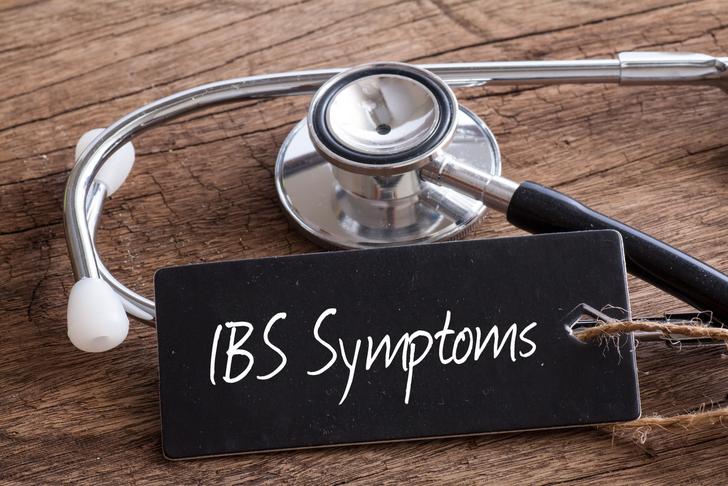
Advertisement





